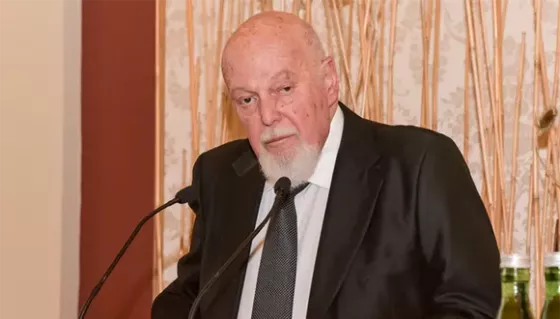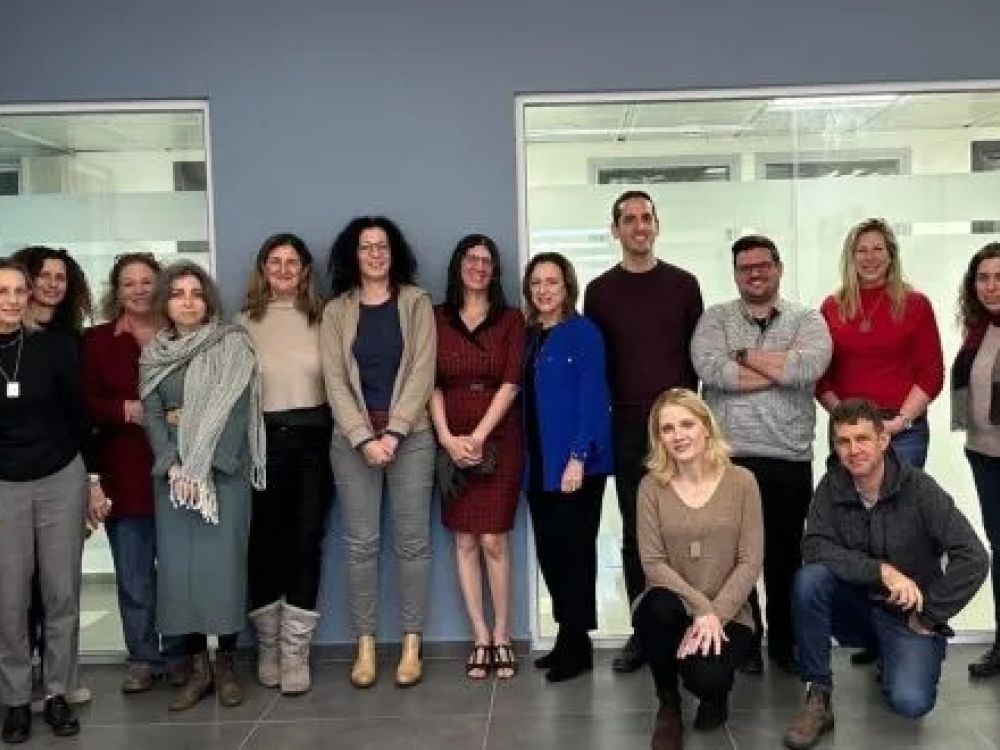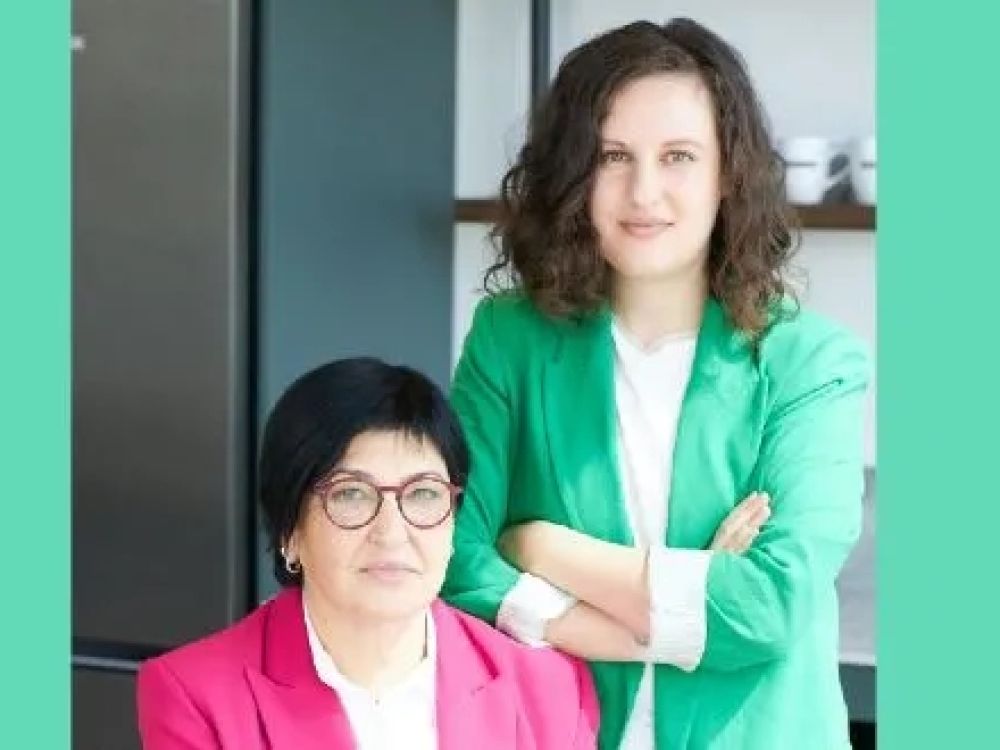
Prof. Isaac P. Witz Honored with 2023 Szent-Györgyi Prize for Progress in Cancer Research
Renowned Tel Aviv University Professor Emeritus recognized for his groundbreaking scientific contributions.
An Impressive achievement: Professor Isaac P. Witz from the Shmunis School of Biomedicine and Cancer Research at Tel Aviv University’s George S. Wise Faculty of Life Sciences, was chosen by the prize selection committee of the National Foundation for Cancer Research (NFCR) in the US to receive the prestigious Szent-Györgyi Prize for his groundbreaking scientific contributions.
Groundbreaking Discoveries
The prize will be given to Prof. Witz, a distinguished figure in cancer research, whose work has shed light on the crucial role of reciprocal information flow and signaling between cancer cells and the tumor microenvironment (TME) for understanding tumor formation, progression and metastasis. The annual Prize honors scientists whose seminal discovery or pioneering body of work has contributed to cancer prevention, diagnosis, or treatment and has had a lasting impact on understanding cancer, holding the promise of improving or saving lives of cancer patients. In recognition of his achievements, Professor Witz will receive the award at a ceremony scheduled for October 21, 2023, at The National Press Club in Washington, D.C.
“I am filled with immense gratification knowing that my contributions have shaped current understanding of the TME and laid the foundation for life-saving immunotherapies for patients.”– Prof. Isaac Witz
Professor Isaac Witz expressed his profound satisfaction, stating: “I am filled with immense gratification knowing that my contributions have shaped current understanding of the TME and laid the foundation for life-saving immunotherapies for patients. It is an absolute honor, and I am overwhelmed with joy and gratitude towards the 2023 Szent-Györgyi Prize Selection Committee for bestowing upon me this prestigious recognition, allowing me to stand alongside the esteemed previous recipients of the Szent-Györgyi Prize.”
With an outstanding career spanning over fifty years, Professor Witz currently serves as Professor Emeritus at Tel Aviv University and heads the Laboratory of Tumor Microenvironment & Metastasis Research at The Shmunis School of Biomedicine and Cancer Research, George S. Wise Faculty of Life Sciences. Throughout his career, he made significant contributions through breakthrough observations, discoveries, publications, and collaborative efforts, emphasizing the critical role of the TME in cancer cell biology, growth, and metastasis.
Impactful Research
During the early stages of his scientific journey, in the 1960s, Professor Witz pioneered the TME concept by an experimental demonstration that components of the immune system infiltrate the TME, impacting tumor behavior. His research established that humoral immune factors localized in the TME exert pivotal roles on various manifestations of anti-tumor immune responses. These seminal findings laid the groundwork for certain aspects of contemporary life-saving immunotherapies, ultimately benefiting cancer patients and advancing scientific progress towards finding cures for cancer.
Rakesh K. Jain, Ph.D., Chair of the 2023 Selection Committee and the 2022 Prize recipient, expressed his delight at Professor Witz’s selection, highlighting the impact of his work on the development of cancer therapeutics targeting molecules within the TME. Dr. Jain, whose own research encompasses the field of TME, believes that future opportunities for life-saving therapies will continue to emerge from this area of study.









